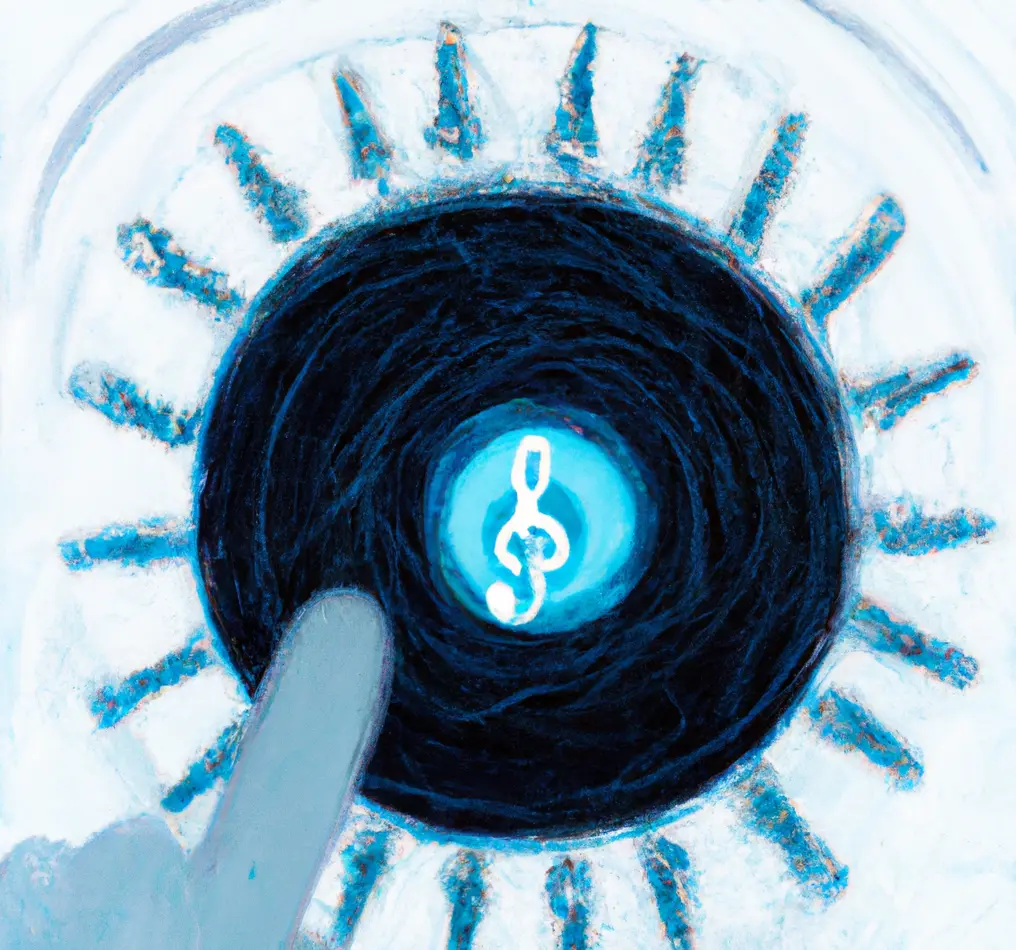~ Updates for Olaf - The Overly Lightweight Acoustic Fingerprinting system
» By Joren on Tuesday 31 January 2023
Fig: Olaf fingerprinter.
I have updated Olaf - the Overly Lightweight Acoustic Fingerprinting system. Olaf is a piece of technology that uses digital signal processing to identify audio files by analyzing unique, robust, and compact audio characteristics - or “fingerprints”. The fingerprints are stored in a database for efficient comparison and matching. The database index allows for fast and accurate audio recognition, even in the presence of distortions, noise, and other variations.
Olaf is unique because it works on traditional computing devices, embedded microprocessors and in the browser. To this end tried to use ANSI C. C is a relatively small programming language but has very little safeguards and is full of exiting footguns. I enjoy the limitations of C: limitations foster creativity. I also made ample use of the many footguns C has to offer: buffer overflows, memory leaks, … However, with the current update I think most serious bugs have been found. Some of the changes to Olaf include:
-
Fixed a rather nasty array out of bounds bug. The bug remained elusive due to the fact that a segfault was rare on macOS. Linux seems to be more diligent in that regard.
-
Added a quick way to skip already indexed files. Which improves usability significantly when working with larger datasets.
-
Improved command line output and fixed incorrectly reported times. The reported start and stop time of a query was wrong and is now fixed.
-
Olaf now supports caching fingerprints in simple text files. This makes fingerprint extraction much faster since all cores of the system can be used to extract fingerprints and dump them to text files. Writing prints to the database from multiple threads is slow since they need to wait for access to the locked database. There is also a command to store all cashed fingerprints in a single go.
-
Added support for basic profiling with
gprof. The profiler shows where optimizations can have the most impact. -
Olaf now includes an algorithm for efficient max-filtering. The min-max filter algorithm by Daniel Lemire is implemented. The profiler showed that most time was spend during max-filtering: replacing the naive max-filter with the Lemire max-filter improved performance drastically.
-
CI with Github Actions which checks if checked in sources compile and tests some of the basic functionality automatically.
-
Updated the Zig build script for cross-compilation and updated the pre-build Windows version.
-
Tested the system with larger databases. The FMA-full datasets, which comprises almost a full year of audio was indexed and queried without problems on a single pc. The limits of Olaf with respect to indexed size is probably a few times larger.
-
Tested, fixed and improved the ‘memory database’ version. Also added documentation to the readme.
-
Made a basic web example to call the WASM version of Olaf.
-
Added an ESP32 example, showing how Olaf can run on this microprocessor. It runs without an external microphone but uses a test audio file. Previously some small changes were needed to Olaf to run on the ESP32, now the exact same code is used.
Anyhow, what originally started as a rather quick and dirty hack has been improved quite a bit. The takeaway message: in the world of software it does seem possible to polish a turd.
